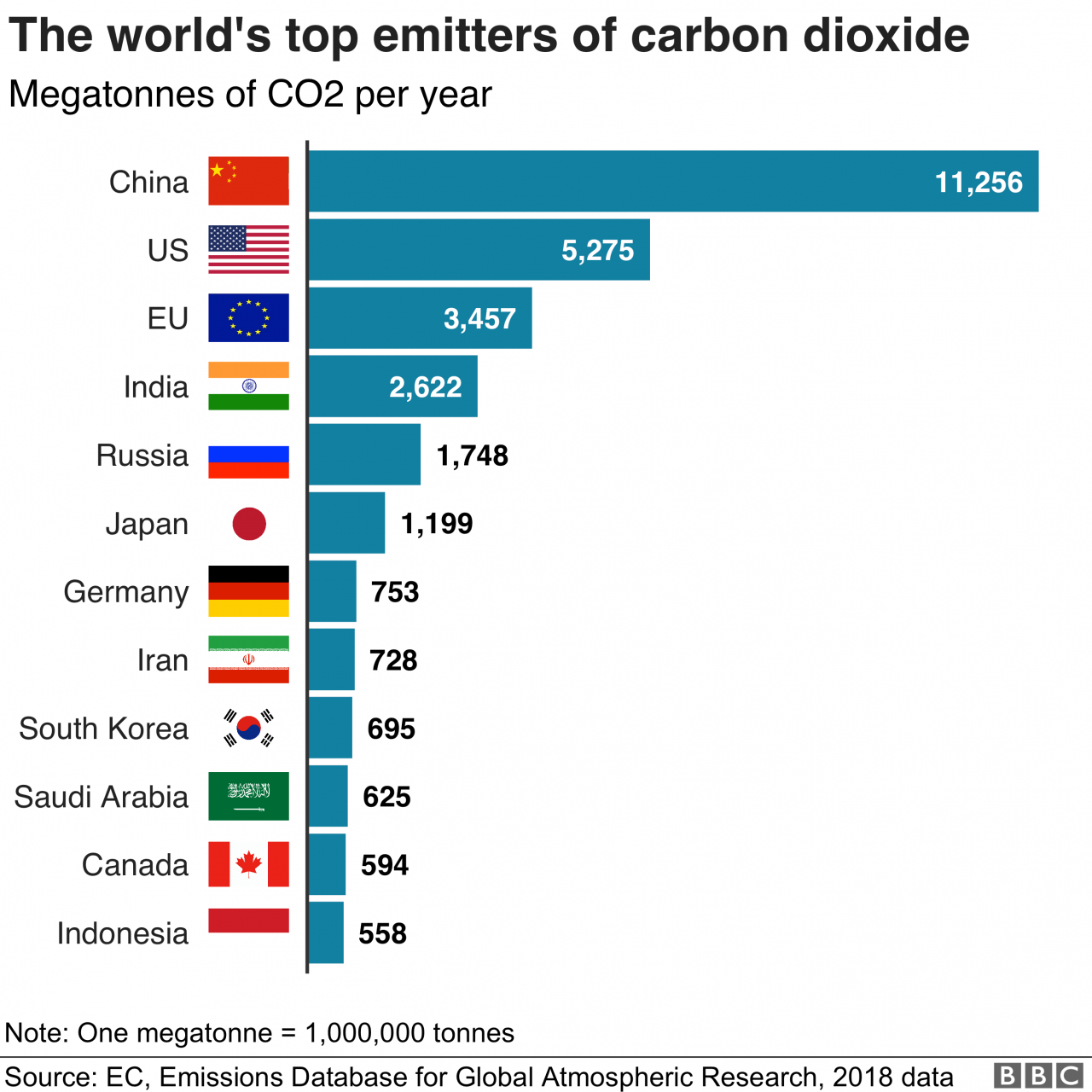
As Climate Change Progress 2024 takes center stage, this opening passage beckons readers with an intriguing glimpse into a world crafted with journalistic flair and a journalistic tone that promises a reading experience that is both captivating and distinctly original.
Climate change progress 2024 takes center stage as this opening passage beckons readers with an intriguing glimpse into a world crafted with journalistic flair and a journalistic tone that promises a reading experience that is both captivating and distinctly original.
The content of the second paragraph that provides descriptive and clear information about the topic
Global Climate Change Progress in 2024
In 2024, significant progress was made in the global fight against climate change. Several countries and regions emerged as leaders in reducing emissions and adapting to climate impacts.
The European Union implemented ambitious policies that led to a 25% reduction in greenhouse gas emissions compared to 1990 levels. Costa Rica became the first country in the world to achieve carbon neutrality, while China continued to invest heavily in renewable energy and electric vehicles.
However, challenges remained, including the rise of carbon emissions in some developing countries and the slow pace of adaptation in vulnerable communities.
Technological Advancements for Climate Change Mitigation
Technological advancements played a crucial role in climate change mitigation efforts in 2024.
- Carbon capture and storage (CCS) technologies were deployed at scale, capturing and storing millions of tons of carbon dioxide.
- Renewable energy sources, such as solar and wind power, continued to grow rapidly, providing a clean and sustainable alternative to fossil fuels.
- Energy-efficient solutions, such as smart grids and energy-efficient buildings, reduced energy consumption and lowered emissions.
Climate Change Adaptation and Resilience Strategies
In 2024, adaptation and resilience strategies were implemented to reduce the vulnerability of communities and ecosystems to climate change impacts.
- Coastal communities built sea walls and restored wetlands to protect against rising sea levels and storm surges.
- Farmers adopted drought-resistant crops and water-saving irrigation techniques to adapt to changing precipitation patterns.
- Ecosystem restoration projects focused on planting trees and protecting wetlands to enhance natural carbon sinks and reduce the impacts of extreme weather events.
Climate Change Policy and Regulations: Climate Change Progress 2024
In 2024, several key climate change policies and regulations were enacted.
- The United States implemented a carbon tax, incentivizing businesses and consumers to reduce their emissions.
- The United Kingdom introduced a ban on the sale of new gasoline and diesel cars by 2030.
- The International Maritime Organization adopted new regulations to reduce emissions from shipping.
Climate Finance and Investment
In 2024, climate finance and investment continued to grow.
- Governments and multilateral institutions provided billions of dollars in funding for climate change mitigation and adaptation projects.
- Private investors increasingly allocated capital to green technologies and sustainable businesses.
- Innovative financing mechanisms, such as green bonds and carbon credits, played a growing role in mobilizing climate finance.
Public Awareness and Engagement
Public awareness and engagement were critical in driving climate action in 2024.
- Educational campaigns raised awareness about the causes and consequences of climate change.
- Social media and online platforms played a significant role in mobilizing public support for climate action.
- Citizen science initiatives engaged the public in collecting and sharing data on climate impacts.
International Collaboration and Partnerships
International collaboration and partnerships were essential in addressing climate change in 2024.
- The United Nations Climate Change Conference (COP28) brought together world leaders to negotiate and strengthen global climate action.
- Multilateral organizations, such as the World Bank and the Global Environment Facility, provided funding and technical support for climate change projects.
- Regional partnerships, such as the Asia-Pacific Economic Cooperation (APEC), facilitated cooperation on climate change mitigation and adaptation.
Final Review

The content of the concluding paragraph that provides a summary and last thoughts in an engaging manner
Clarifying Questions
What are the key challenges in achieving climate goals?
Some of the key challenges include reducing emissions, adapting to climate change impacts, and securing adequate financing.
What are the most effective strategies for reducing greenhouse gas emissions?
Effective strategies include transitioning to renewable energy sources, improving energy efficiency, and implementing carbon capture and storage technologies.
How can we increase public awareness about climate change?
Effective strategies include educational campaigns, media engagement, and community outreach programs.




